It has been a fast moving 85 days since I was elected president of NFU Scotand (NFUS), with four trips to London already under my belt.
These focused on inheritance tax (IHT), meetings with UK farming unions and intensive political engagement with MPs, UK Government ministers and senior officials at Defra (Department for Environment Food and Rural Affairs).
There was a meeting at the US Embassy too
I’ve highlighted our determination to secure a profitable industry and the need for long-term confidence.”
Back in Scotland, I’ve also met Scottish Government ministers, including the cabinet secretary (for rural affairs) and leaders of the main opposition parties.
With each of them, I’ve highlighted our determination to secure a profitable industry and the need for long-term confidence.
Meanwhile, a trip to Brussels underlined, among other things, similar challenges being faced by farmers in the EU.
One moment I won’t forget was standing on top of a combine in Whitehall, with other farming union presidents, addressing several thousand farmers from all over the UK.
Their thanks and encouragement, when stepping off the combine, reinforced to me that we must never give up on our fight for fairness as regards the injustices announced in the October 30 Budget.
Time for a rethink?
IHT commentary across the industry may have eased but NFUS has written twice to the chancellor in the past fortnight.
This was firstly to highlight again the need for the UK Government to reconsider IHT, National Insurance, the carbon border adjustment mechanism – effectively a fertiliser tax – and capital allowances on essential double-cab pickups.
In addition, the appointment of Minette Batters by Defra to lead a six-month review of farm profitability prompted us to write to the chancellor demanding a postponement of budget announcements, including IHT, until the findings are announced.
‘Disappointing’ ShelfWatch results
Results of the NFUS ShelfWatch initiative were announced last week, covering eight retailers, 290 stores and more than 60,000 products across four phases.
The findings were disappointing. On average, just 17% of products displayed were Scottish, while imported goods now account for 20% of shelf space – a 6% rise on last year.
We have written to and will have meetings with the retailers, the first of which was with Aldi on Monday.
Key asks include increased Scottish sourcing, greater promotion, fair pricing, stronger branding and an end to misleading “fake farm” labels.
We also want to see an end to seasonal deep discounting – 6p for a bag of carrots, for example, devalues the real value of food.
‘Critical mass’
These conversations also include discussions about the critical mass of our industry, climate change impacts, over-regulation of our producers and a need for increased support from government over stainless steel to add to the supply of Scottish produce.
We’re also pointing out the massive opportunity for our industry should we achieve a greater proportion of Scottish produce on the shelves.
This spring has brought tremendous weather, allowing cultivation and field work to make early progress in ideal conditions.
In some areas the crops are in need of moisture, but the establishment of spring and autumn crops has been good and offers promising potential, weather permitting.
Cereal prices still poor
But cereal prices remain poor and the continued imports of wheat in particular, understandably, continue to aggravate our arable members. Dialogue continues with merchants, end users and the whisky sector around loyalty, provenance, farm assurance and the need to pay a premium price for a premium product.
Imports, land use pressures and alternative cropping options are also being highlighted in conversations which will continue.#
‘Grand spring’ for lambing
It has also been a grand spring for lambing and calving. Hopefully, positivity in these sectors will remain firm, held up by strong prices.
However, as lambing got under way, my phone was busy with disturbing calls about predation. The devastation caused by ravens, sea eagles and badgers is spiralling and must be urgently addressed.
Considerable efforts by NFUS have seen the delivery of enhanced mitigation funding for sea eagles. This has to be welcomed but it remains to be seen how effective it will be.
Ravens are doing horrendous damage in some areas of Scotland.
And badgers – Scotland’s most common apex predator – are causing considerable damage, not only to friendly nature but by killing lambs, which is a growing problem.
We have meetings with NatureScot in the next few weeks and these issues, as well as the need for appropriate action, will be firmly highlighted.
The threat of animal disease to our industry is widely discussed and very real. Foot-and-mouth disease and African swine fever are in Europe, with Blue Tongue, Schmalllenberg and avian influenza already in the UK. These pose a huge concern.
Vigilance ‘essential’
Vigilance by farmers and crofters is essential. We continue to lobby government on tighter border controls, while Blue Tongue vaccination and control measures are being widely discussed with industry stakeholders and government officials.
A farm visit to the Coupar Angus area last week highlighted the enormous damage caused by beavers and the serious threat they pose to business viability. Separate meetings with NatureScot are already scheduled to address this issue.
Meanwhile, the sight of yet more sediment-filled rivers underlines the ongoing lack of common sense and inaction from government on this matter.
Common sense must return to rural policy and that is something I am determined to see delivered.
Andrew Connon is president of farmers’ union NFU Scotland. He also runs a farm near Ellon, Aberdeenshire.
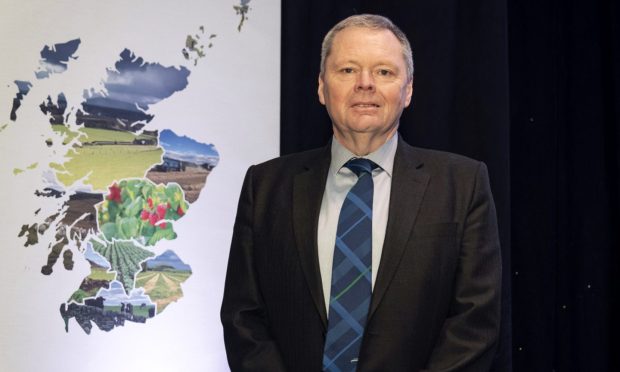
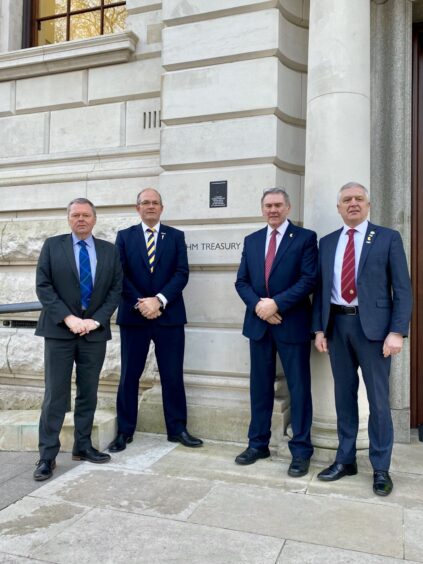
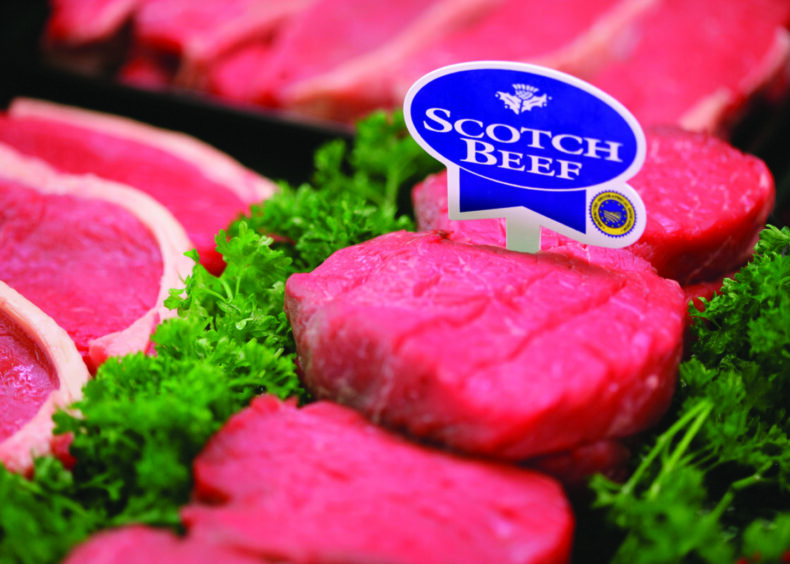
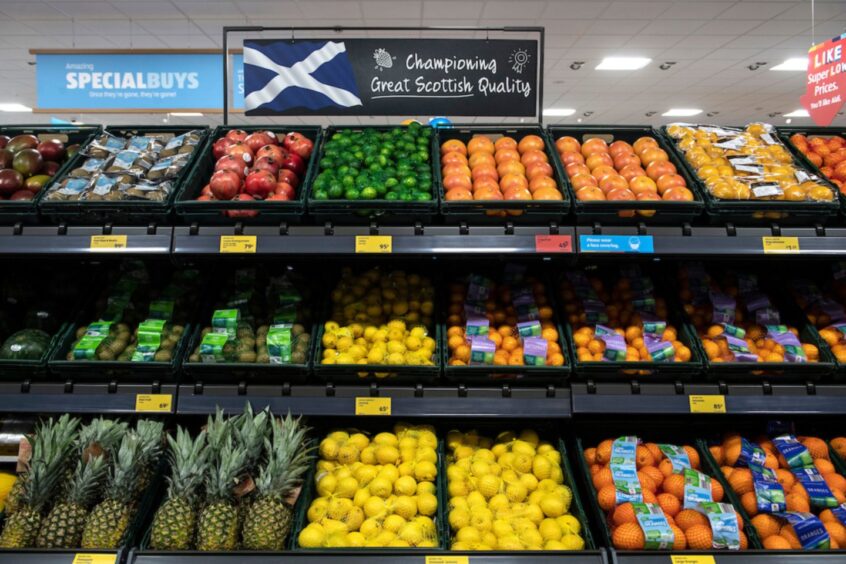
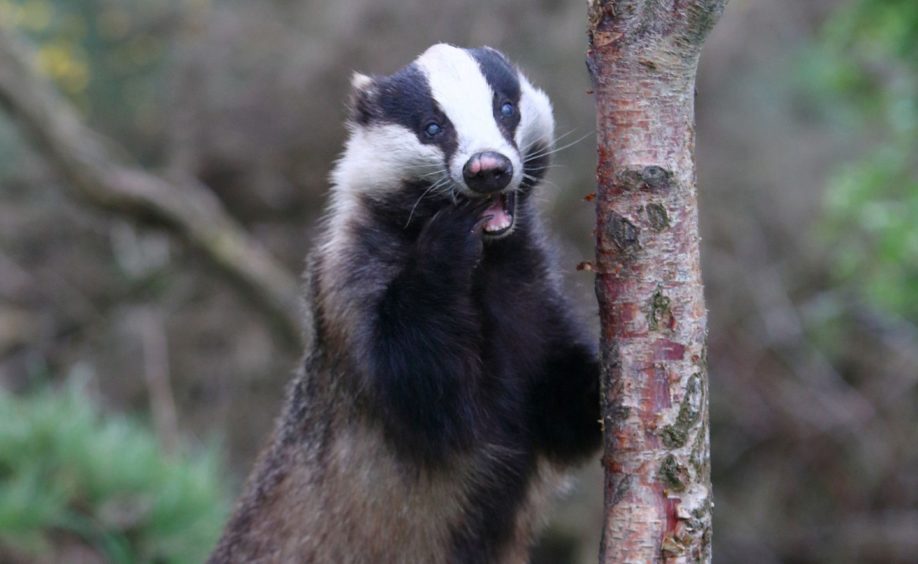

Conversation